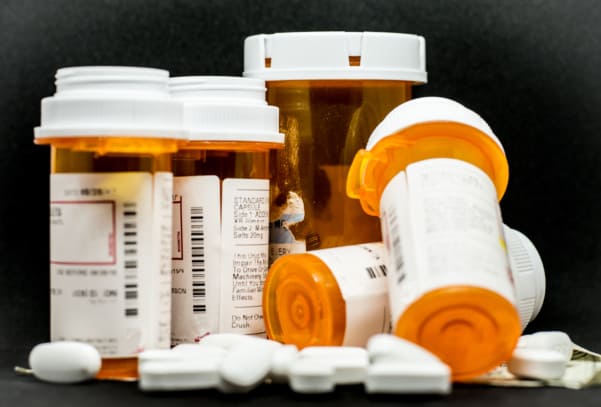
The Trump administration has come out with yet another proposal to tinker around the edges of the prescription drug pricing problem without confronting it head-on. Health and Human Services (HHS) Secretary Alex Azar has issued a new rule requiring pharmaceutical companies to include drug prices in television ads.
According to the Associated Press, the ten most commonly advertised drugs range in price from roughly $500 to $17,000 per month “for a usual course of therapy.” While viewers may experience some sticker shock when they see these figures, putting prices in tv ads is not likely to push drug prices down. As a professor of health policy at Vanderbilt University told NBC News:
“Telling people what the price is doesn’t change the price. Instead, we would need to reform price setting or related to how patient payments are set.” – Stacie B. Dusetzina, Associate Professor Health Policy, Vanderbilt University Medical Center, 5/8/19
The Trump administration counters with the sketchy argument that the disclosures on television will compel patients to sit down and talk to their doctors about cheaper alternatives, supposedly putting pressure on Big Pharma to reduce prices. But talking to one’s doctor is not going to do the trick. Nor is switching to cheaper drugs always advisable for patients with chronic or serious diseases.
“Democrats say measures like price disclosure won’t force drugmakers to lower what they charge, and they want Medicare to negotiate on behalf of customers.” – NBC NEWS, 5/8/19
HHS must be able to exercise the power to negotiate drug prices with Big Pharma through the Medicare program. After all, who has more leverage – individual patients?… or the pharmaceutical industry’s biggest customer, the federal government?
The National Committee supports legislation in Congress to allow Medicare to negotiate prices directly with drugmakers. In February, Rep. Lloyd Doggett (D-TX) and Senator Sherrod Brown (D-OH) reintroduced their Medicare Negotiation and Competitive Licensing Act.
The legislation would authorize the Secretary of Health and Human Services (HHS) to negotiate drug prices. If drug companies refuse to negotiate in good faith, the bill would enable the Secretary to issue a competitive license to another company to produce the medication as a generic. – Statement from the office of Rep. Lloyd Doggett, 2/7/19
Unfortunately, the Trump administration does not support this proposal, preferring to offer ‘weak tea’ alternatives that won’t ruffle Big Pharma’s feathers too much. Meanwhile, the American people continue to suffer under a regime of sky-high drug prices. A recent Kaiser Family Foundation survey found that 60% of all respondents with chronic conditions had not filled a prescription or skipped doses during the past year. The figure jumped to 75% for patients with the highest insurance deductibles. We’ve heard the stories of seniors cutting pills in half – or having to choose between groceries and medicine – because drug prices are especially unaffordable for people on fixed incomes.
“Let’s cut prices so that patients don’t have to cut pills in half,” said Congressman Doggett in February. “Our proposal responds to an American problem, rampant prescription price gouging, with an American solution—negotiation and competition.”
******************************************************************************
Join the discussion about drug pricing information in tv ads on Facebook Live.


